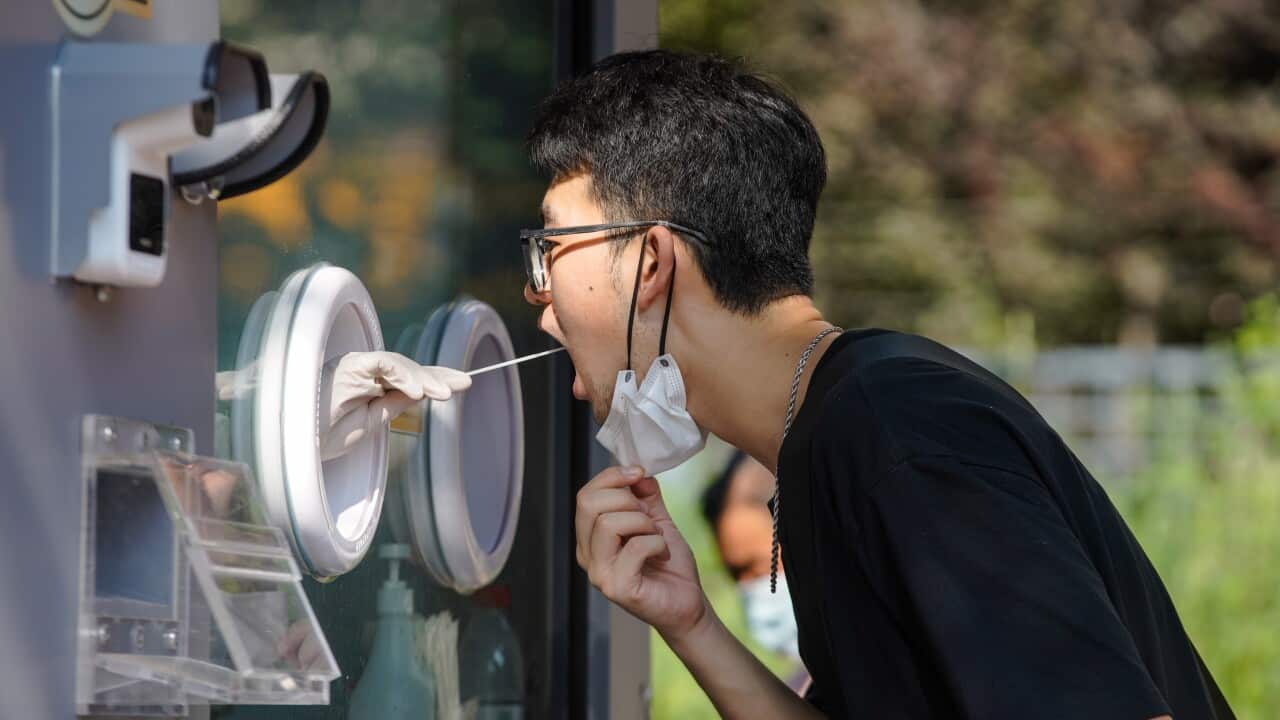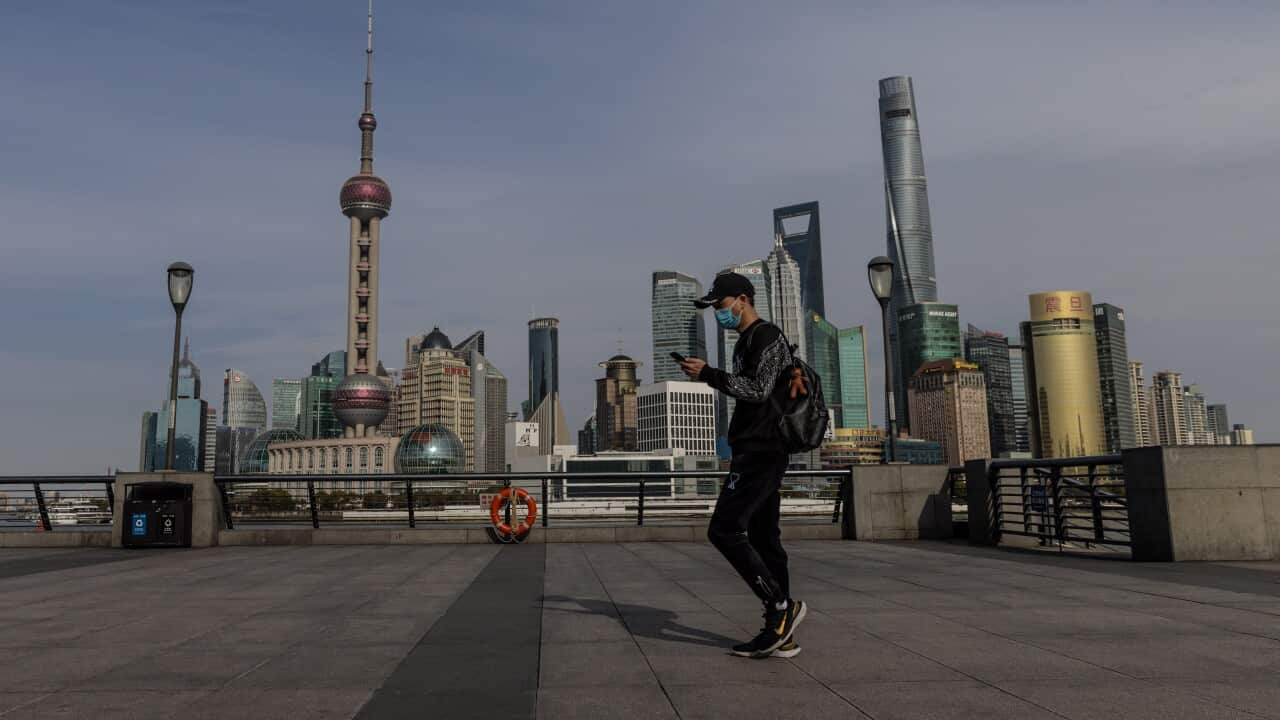China on Sunday shortened its suspension period for inbound international flights carrying COVID-19-positive passengers, signalling that Beijing could soon ease its strict border controls.
Incoming flights carrying five positive COVID-19 cases, or four per cent of the total passengers, will now face a reduced one-week suspension, the Civil Aviation Administration (CAAC) said in a statement.
Previously, if a plane brought in five infected passengers, all flights operated by the responsible airline along the same route were suspended for two weeks.
Flights logging an eight per cent passengers positivity rate will be barred for two weeks, CAAC said.
More than 80,000 tourists trapped in 'China's Hawaii'
The so-called circuit breaker mechanism has led to travel chaos, with flights into China being cancelled abruptly without the ability to rebook for weeks.
Over 80,000 tourists are stranded in a resort city popularly known as "China's Hawaii" after a COVID-19 flare-up led authorities to impose strict travel restrictions.
Tourism hotspot Sanya is a city of more than a million people on the southern island of Hainan, where 483 COVID-19 cases were reported on Sunday.
All flights out of the city were cancelled over the weekend, with authorities also halting train ticket sales.
Tourists who want to leave must test negative in five PCR tests over seven days, health authorities said.
Hotels in the city have been asked to offer guests a 50 per cent discount until the travel restrictions ease, an official said during a news briefing Saturday.
China is the only major economy still holding fast to a zero-COVID-19 strategy with snap lockdowns and long quarantines, battering local tourism.
The latest COVID-19 outbreak comes during peak tourism season in Sanya, a popular surfing spot.
All entertainment venues, including spas, karaoke bars and pubs, have been closed since last week, but essential services such as supermarkets and pharmacies remain open.
The country's borders have also remained largely closed since early 2020, halting international tourism.
Hundreds of thousands of Chinese students and workers abroad have been left stranded and complained about paying exorbitant prices to buy tickets back home, with the limited number of flights entering the country routinely suspended.




